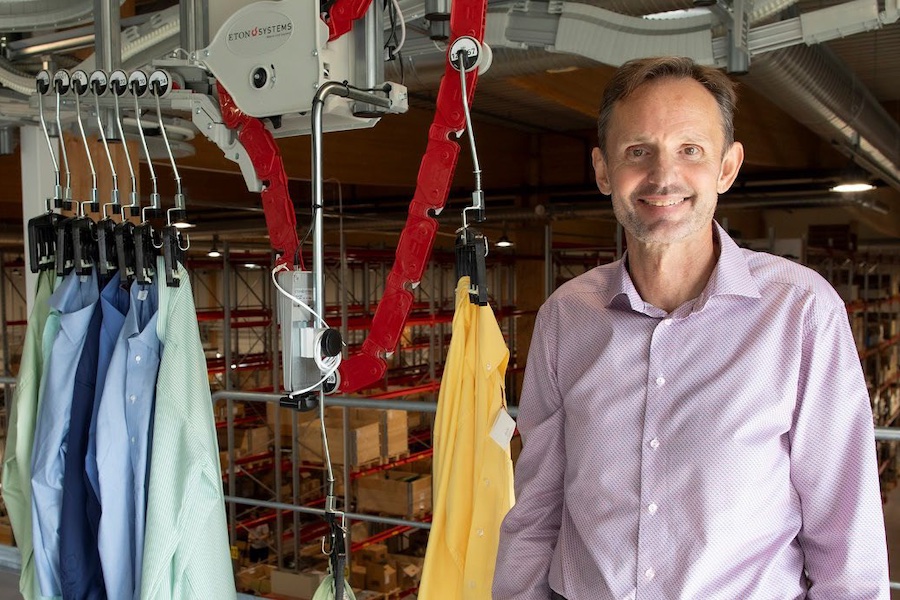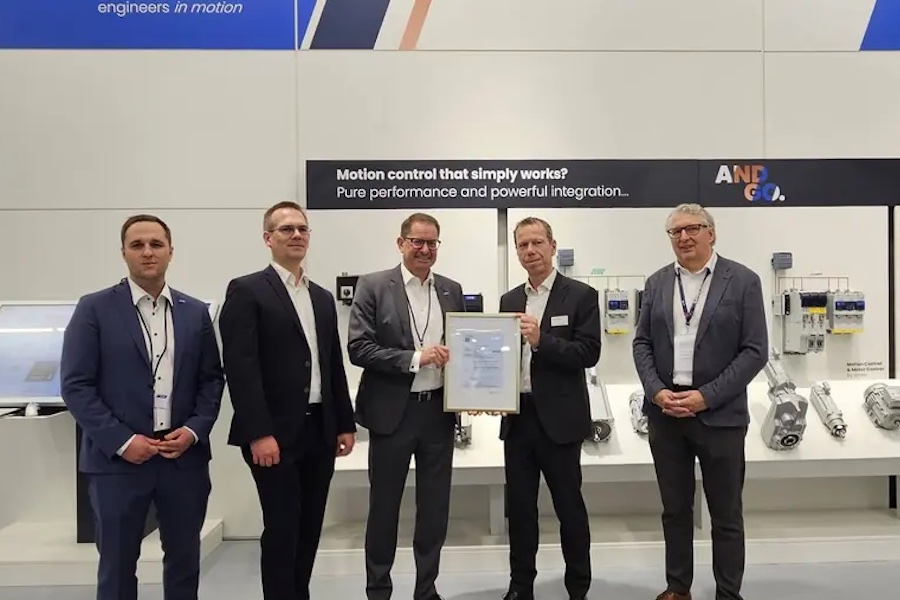#Recycling / Circular Economy
Discover how Textile Exchange is paving the way for tracing textile waste across the supply chain
Tracing Textile Waste
There is currently a lack of transparency around the origins of textile feedstock. At present, the industry cannot tell whether the recycled fibers it is using come from plastic bottles or from another source, and the data that is collected is often not classified or standardized efficiently.
To tackle this challenge, in 2023 Textile Exchange and Fashion for Good launched a project alongside brand partners including adidas, Target, BESTSELLER, Norrøna, and Levi Strauss & Co. with support from Control Union, Reverse Resources, Recover and Usha Yarns.
The aim was to harmonize data and system capabilities and to standardize how textile waste data is collected and shared across the supply chain, from collectors and recyclers to certification bodies. The initiative also explored integration with digital platforms like Reverse Resources to pre-fill data and reduce duplication, paving the way to a fully digital, interoperable traceability system.
The project looked to adapt Textile Exchange’s Reclaimed Material Declaration Form, which verifies the source of the reclaimed material certified to GRS and RCS.
In 2023, the RMDF gathered data including seller information, shipment information and product information such as the type of material, where it had come from and whether it was pre or post consumer.
A key finding from the project was that Textile Exchange’s Reclaimed Material Declaration Form (RMDF) could be adapted to capture data in a standardized way to facilitate traceability.
The report also found that the RMDF can be integrated with other systems that recyclers are currently using. This means that recyclers who use other systems to collect data around recycling inputs won’t have to enter the same data in two different places. Instead, they will be able to link the outside system with Trackit, reducing the burden of traceability on recyclers.
The recalibrated Reclaimed Materials Declaration Form
Using the findings of the multistakeholder project, Textile Exchange’s launched its recalibrated RMDF in July 2025. The new RMDF collects, standardizes and classifies data on textile and non-textile waste, enabling more reliable, efficient tracking and information exchange across the recycling value chain.
The revised RMDF captures and standardizes data points such as a fiber’s composition, color, origin, or source. It also lays the groundwork for future digitization and scalable solutions in textile waste management.
Once collected, the data in the updated form will help brands to discern whether feedstock has come from recycled bottles or recycled textiles. With this greater transparency, brands will be able to increase the volume of recycled textiles used in their products and reduce the use of recycled bottles.
Use of the new RMDF is optional for now, and the first certified organizations in the recycled supply chain can choose to use it when recording their reclaimed information.
In the future, it will become part of Textile Exchange’s Trackit system—where companies can easily verify the data they need to make product claims.
Expected outcomes
Knowing where recycled material came from will allow brands to make evidence-based claims about their products, leading to greater transparency across the industry.










